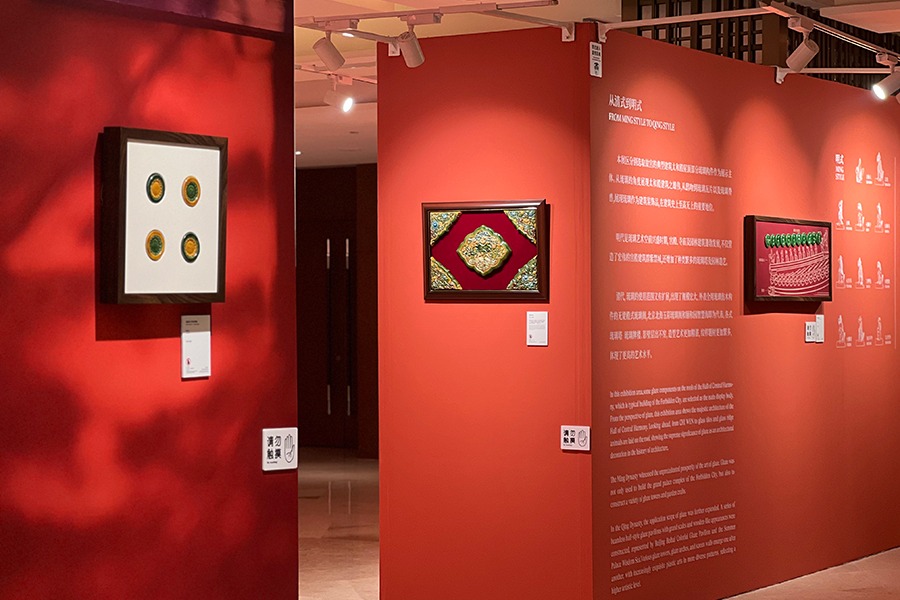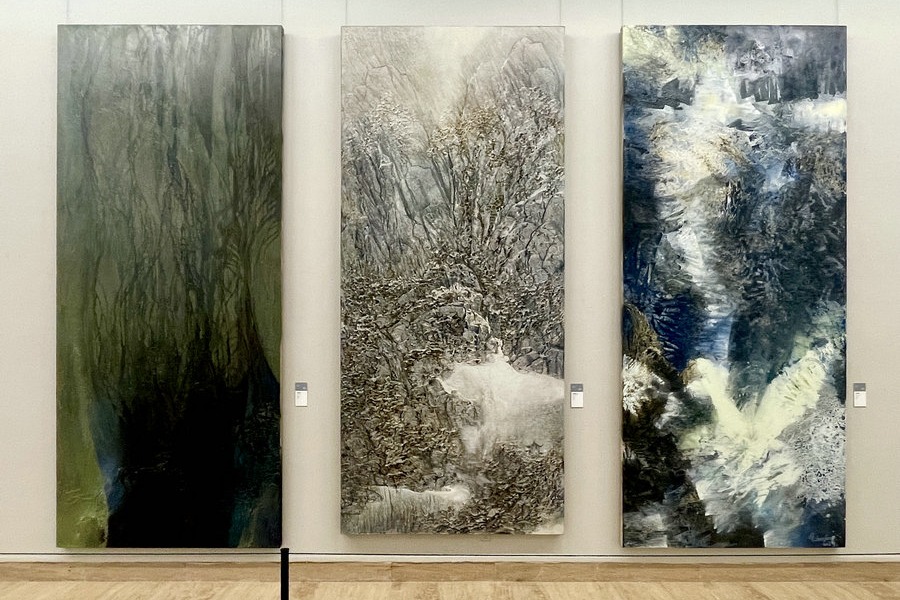Soldat Tatjana: The magic of paper pages


As a child in Serbia, Soldat Tatjana, now director of the Serbian Cultural Center in Beijing, watched her father read each evening, his fingers tracing lines of text like a sacred ritual. "What magic lay in those pages?" she wondered.
Soon, her parents gifted her illustrated fairy tales. Among them, The Hedgehog's Home — a simple story about a hedgehog defending its burrow — stood out, teaching her patriotism through allegory. "Every book leaves a mark," she says, quoting a sentence Serbian people often say, "even a bad one teaches discernment".
This lesson echoed through her life. At university, Tatjana chose to study Chinese, drawn by Serbia's unexpected cultural similarities with China. Without a Serbian-Chinese dictionary, she decoded characters through a third language, marveling at how words and texts help a society interpret and respond to the world around it through the nuances of its vocabulary.
Books also anchored her during struggles.
Tatjana recalls Nikola Tesla, Serbia's visionary inventor, whose childhood love for history and literature fueled his genius. Like him, she sees books as portals — to science, philosophy, and the quiet resilience of characters like the hedgehog.
Now, amid the frenzy of the digital age, Tatjana champions paper's enduring power. Turning paper pages, inhaling ink-scented air, she finds focus — a tactile ritual no screen can replicate. Reading paper books is a mental training to enhance cognitive functions and strengthen memory retention, she says.
"Its weight in your hands, its scent — these are acts of mindfulness," she says.
While cultivating empathy, reading also serves as a refuge, alleviating stress while nurturing the soul. "Thus, no matter the circumstances, we must never forget the power of reading," she says.





































